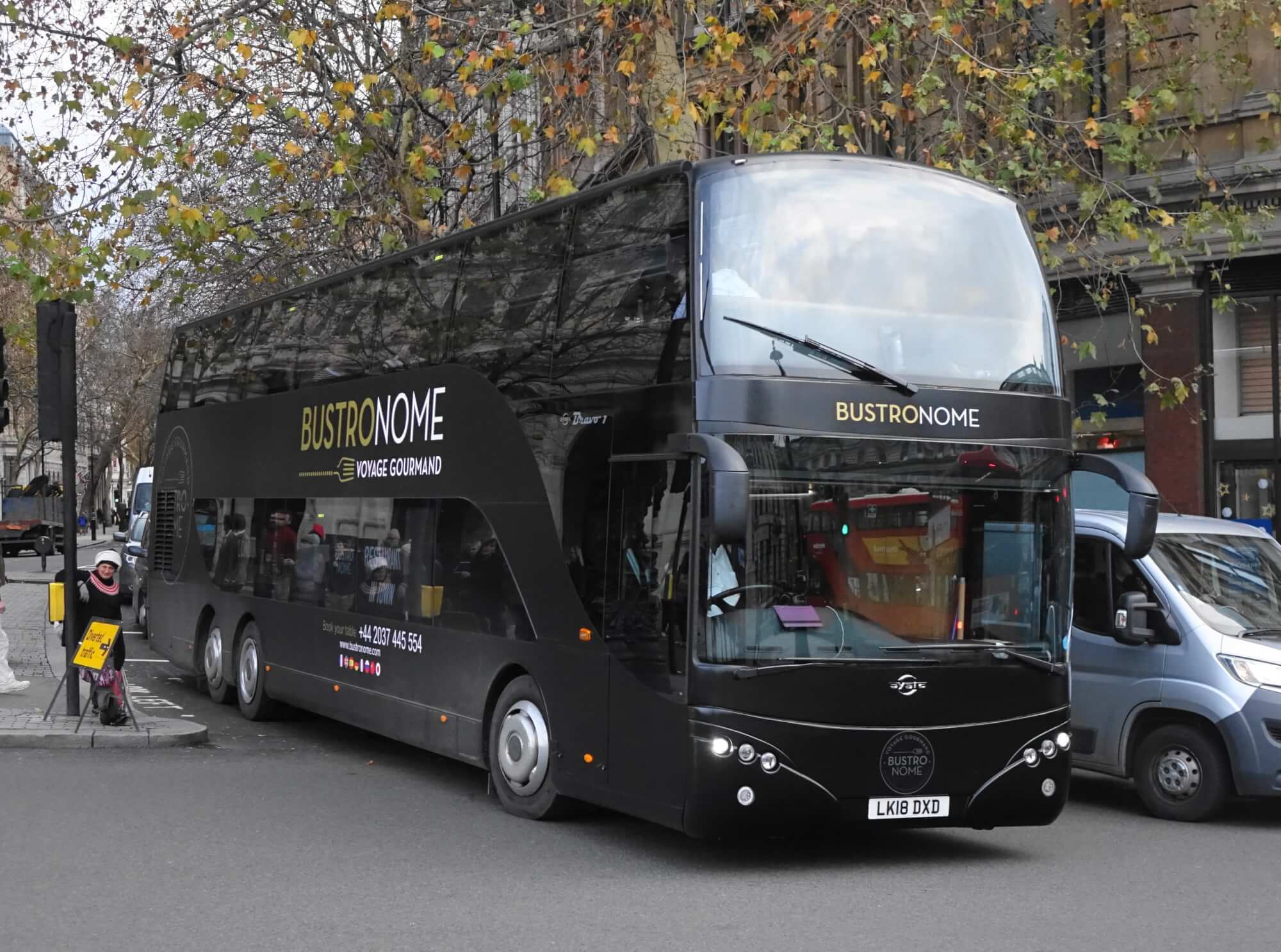
South East Coachworks has grown and diversified hugely since it was started in 2003, spawning a number of subsidiary companies. But, as Director Chris Bichard explained to Peter Jackson, it hasn’t lost sight of its roots […]
By subscribing you will benefit from:
- Operator & Supplier Profiles
- Face-to-Face Interviews
- Lastest News
- Test Drives and Reviews
- Legal Updates
- Route Focus
- Industry Insider Opinions
- Passenger Perspective
- Vehicle Launches
- and much more!


